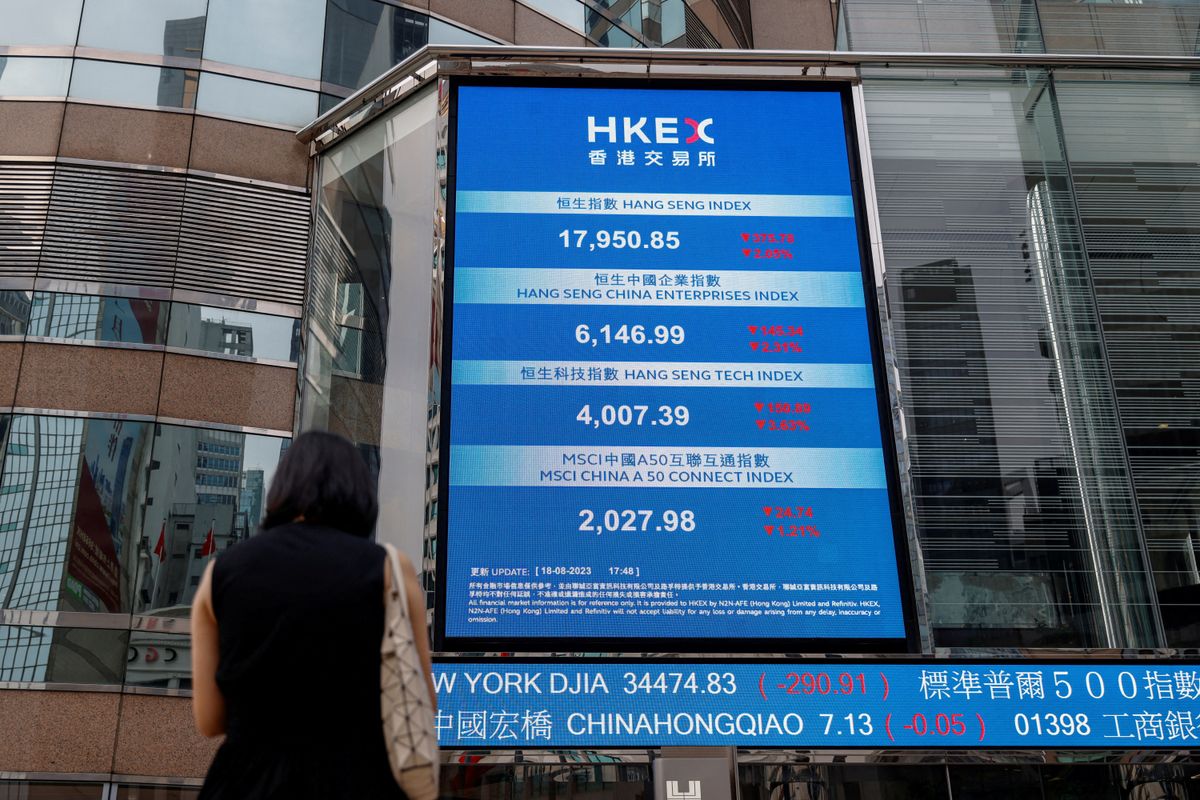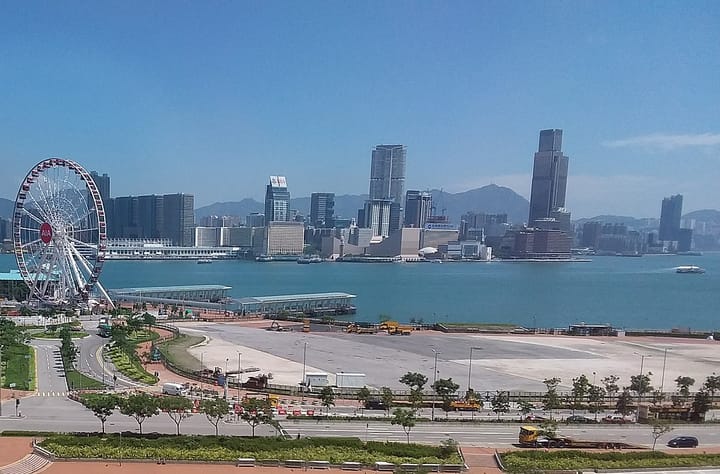Hong Kong's Wealth Academy aims to attract wealthy family offices
On Thursday, Hong Kong rolled out the Hong Kong Academy for Wealth Legacy.

A few minutes every morning is all you need.
Stay up to date on the world's Headlines and Human Stories. It's fun, it's factual, it's fluff-free.
The backstory: In the fast-paced world of global finance, Hong Kong has become one of the magnets for family offices. These are essentially establishments that the ultra-rich use to manage all their personal and financial matters. As of 2022, there were over 1,000 billionaires in the Asia Pacific region, with a total of US$4.2 trillion in wealth, as reported by the UBS Billionaire Ambitions Report. Under the leadership of Chief Executive John Lee, the city aims to attract 200 family offices by the end of 2025.
More recently, In March, Hong Kong revealed plans to reduce taxes for family offices. This became a talking point during the Wealth for Good summit the same month, where big names like Yahoo co-founder Jerry Yang got involved in discussions about opportunities for managing wealth and assets in Hong Kong.
The development: On Thursday, Hong Kong rolled out the Hong Kong Academy for Wealth Legacy. The goal is to attract more family offices to Hong Kong and establish the city as a global finance hub. Property tycoon Adrian Cheng, the billionaire behind New World Development, is taking the helm as chairman. Joining him on the board is Daryl Ng from Sino Land, with Amy Lo, co-head of UBS Group, also playing a key role.
Cheng emphasized that interest is pouring in from China, the Middle East, South Korea, Japan and France. The much-anticipated inauguration of the Hong Kong Academy for Wealth Legacy is scheduled for November 14, as announced by the Financial Services Development Council (FSDC).
Key comments:
“We build the ecosystem of family offices in a more structured way and also to accelerate our path toward strengthening our position as the preeminent global family office hub,” said Adrian Cheng.
"Hong Kong's more open system to allow capital flow freely and its historical exposure to the international markets are irreplaceable than other Chinese cities," said Dr. Tenpao Lee, professor emeritus of economics at Niagara University, to TMS. "Plus, Hong Kong is geographically very accessible to China's newly wealthy people and Hong Kong has kept many Chinese traditions. Therefore, Hong Kong has some competitive edge over Shanghai and Singapore to become the hub for family office businesses in Asia."
"Families in Asia with wealth are still running businesses for the most part, and so they tend to work aligned with government," said Ruth Shapiro, CEO of the Centre for Asian Philanthropy and Society. "These families are pretty adept at looking at government cues and seeing where the energy is, what the action is."




Comments ()